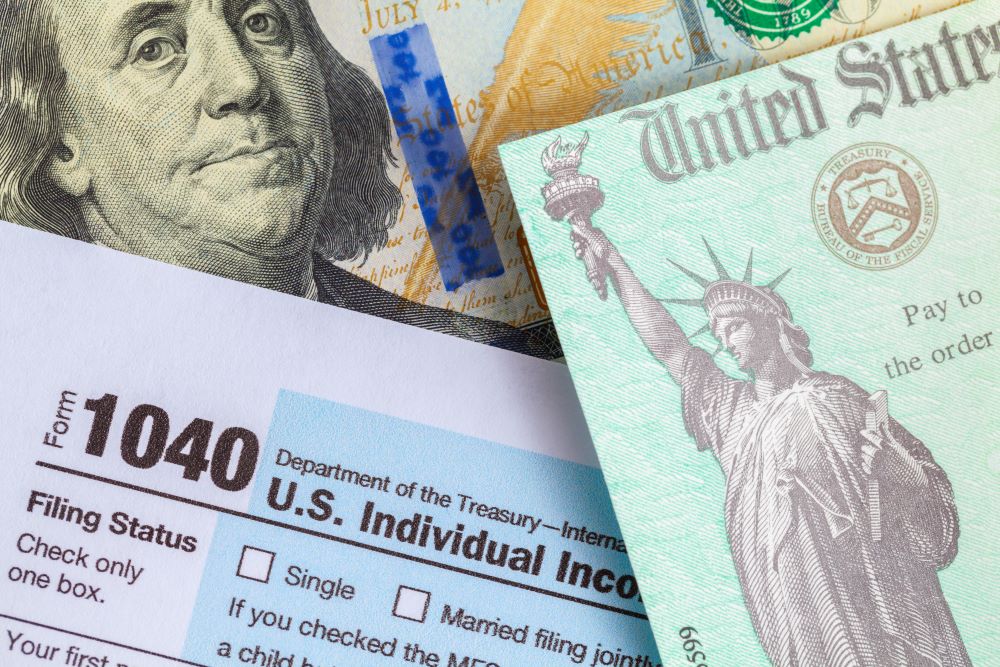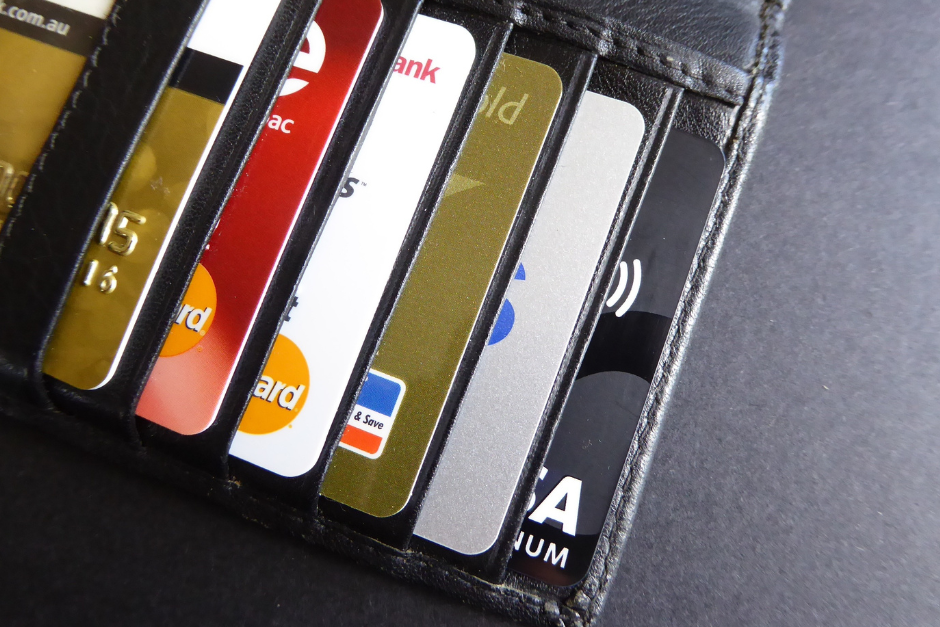
Are you struggling with debt, overwhelmed by multiple payments? You're not alone. Many people find themselves in this situation, and debt relief programs may seem like a tempting solution. But before diving in, a critical question emerges: does debt relief negatively affect your credit? This guide unpacks the different debt relief options available, their short-term and long-term effects on your credit, and alternative strategies to consider for managing your debt.
What is Debt Relief?
Debt relief refers to a range of strategies aimed at helping individuals manage and reduce overwhelming debt. If you're struggling with debt, debt relief programs can offer a lifeline. There are a variety of debt relief programs, each with its own approach to tackling your debt. Some common options include:
- Debt settlement: This involves a company negotiating with your creditors to significantly reduce the amount you owe.
- Debt consolidation: This combines multiple debts into a single loan, ideally with a lower interest rate, simplifying your repayment process and potentially lowering the total amount of interest you pay.
- Bankruptcy: This is a legal process that discharges some or all of your debts, offering a fresh financial start but with significant consequences, especially to your credit score.
- Credit Coaching: Credit coaching provides personalized guidance and support to help you develop a budget, negotiate with creditors, and create a plan to become debt-free. Credit coaching agencies often utilize debt management plans to help you repay your debts.
The ultimate goal of debt relief programs is to make your debt more manageable and help you reach financial freedom. However, it's important to understand the positive and negative effects each program can have on your credit score.
Does Debt Relief Hurt Your Credit?
Debt relief programs offer a path out of debt, but they can also leave a mark on your credit report. The impact varies depending on the specific program you choose. Here's a breakdown of how each type of debt relief can affect your credit score:
- Debt Settlement: This often leads to negative marks on your credit report due to missed payments and accounts settled for less than the full amount. These negative marks can significantly impact your credit scores and stay on your report for up to seven years.
- Debt Consolidation: Consolidating your debts can cause a temporary dip in your score due to hard inquiries placed on your credit report when lenders review your information. However, the long-term impact can be positive. By simplifying your payments and potentially lowering your interest rate, consolidation can help you establish a consistent payment history, which is a major factor influencing your credit score.
- Bankruptcy: Filing for bankruptcy has the most significant negative impact on your credit score and can stay on your report for seven to ten years. This can make it difficult to qualify for loans or credit cards with favorable terms for an extended period.
- Credit Coaching: Enrolling in credit coaching itself typically doesn't directly affect your credit scores. However, a notation about your participation in a debt management plan may appear on your credit report. This notation can raise some lenders' eyebrows, but its impact is usually minimal compared to missed payments or debt settlements.
Short-Term vs. Long-Term Effects
Debt relief programs can have both immediate and lasting effects on your credit score.
Short-Term Impacts:
In the short term, most debt relief options can cause a dip in your credit score. This is because actions like missed payments (in debt settlement) or hard inquiries (in debt consolidation) negatively impact a crucial factor in your credit score: your payment history and credit utilization ratio.
Long-Term Potential:
The long-term effects of debt relief, however, paint a more nuanced picture. Debt settlement and bankruptcy can leave negative marks on your credit report for several years, making it challenging to access credit in the short term. However, if you manage your finances responsibly after these programs, your credit score can gradually increase over time.
Debt consolidation and credit coaching, on the other hand, offer the potential for long-term credit score improvement. Consolidation simplifies your payments and can potentially lower your interest rate, helping you establish a consistent and positive payment history. Credit coaching can equip you with the tools and knowledge to manage your debt effectively, leading to a healthier credit profile in the long run.
The speed of your credit score recovery depends on several factors, including:
- The severity of your initial credit problems. The deeper in debt you are, the longer it may take to rebuild your score.
- Your post-debt-relief behavior. Making timely payments on all your remaining debts and avoiding new debt are crucial for credit score improvement.
- The type of debt relief program used. Options like bankruptcy can take longer to overcome than credit coaching.
By understanding both the short-term and long-term effects of debt relief, you can make an informed decision about the best approach for your situation.
Mitigating Negative Effects on Your Credit Score
While debt relief programs can impact your credit score, there are steps you can take to minimize the negative impactand promote faster recovery:
- Make Timely Payments: This goes without saying, but establishing a consistent record of on-time payments across all your remaining accounts is critical. Pay your bills in full and by the due date to demonstrate responsible credit management and improve your payment history, a major factor influencing your credit score.
- Avoid New Debt: While it may be tempting to use credit cards during challenging financial times, taking on new debt can further strain your budget and negatively impact your credit utilization ratio. This compares the amount of credit you're using with your total credit limit. Lower credit utilization is an important element of a healthy credit score.
- Monitor Your Credit Reports Regularly: Monitoring your credit reports allows you to identify and dispute potential inaccuracies that might be negatively impacting your score. MyScoreIQ provides access to your FICO® Scores, with 24/7 monitoring and real-time alerts to potentially suspicious activity.
- Build Positive Credit History Post-Relief: Once you've enrolled in a debt relief program, focus on building a positive credit history. Consider applying for a secured credit card, which requires a security deposit but functions like a regular credit card and helps establish a positive payment record. Responsible use of this card can demonstrate your ability to manage credit responsibly.
By following these steps, you can minimize the negative impact of debt relief on your credit score and work towards building a stronger credit profile in the long run.
Alternatives to Debt Relief Programs
While debt relief programs offer a solution for overwhelming debt, they aren't the only option. Alternative strategies include:
- Budgeting and Expense Management: Creating a realistic budget that tracks your income and expenses is a crucial first step. By identifying areas where you can cut back on spending, you can free up more money to put toward your debt. Many budgeting apps and online tools, like Credit & Debt®, can help you get started.
- Negotiating Directly with Creditors: Contact your creditors and explain your financial hardship. Sometimes, creditors are willing to work with you by lowering your interest rates or creating a more manageable payment plan.
- Using Balance Transfer Credit Cards: Balance transfer cards offer a 0% introductory APR period on transferred balances, allowing you to focus on paying down your debt without accruing interest charges. However, be mindful of balance transfer fees and ensure you can repay the balance before the introductory period ends to avoid high interest charges.
These alternatives require discipline, but they can help you manage your debt without the potential negative impact on your credit score associated with some debt relief programs. It's important to weigh the pros and cons of each approach to determine the best course of action for your situation.
⭐️ Learn More:When Is Debt Relief Necessary?
Debt Relief FAQs
Here are answers to commonly asked questions regarding debt relief.
Does debt forgiveness ruin your credit?
Debt forgiveness, such as through debt settlement or bankruptcy, can have a significant negative impact on your credit. In the case of debt settlement, the account is typically marked as "settled for less than the full amount," which can negatively impact your credit score. Bankruptcy has an even more severe impact, causing a dramatic drop in your score and staying on your credit report for up to 10 years. However, while these options have negative effects in the short term, you can positively impact your score over time with responsible financial management.
What is the downside to debt relief?
The downside to debt relief programs includes the potential negative impact on your credit score, especially with debt settlement and bankruptcy. These programs often involve missed payments or settling debts for less than the full amount, both of which can remain on your credit report for several years. Additionally, bankruptcy can make it difficult to secure new credit or loans with favorable terms for a long time. Another downside is that participating in certain programs, like a debt management plan through credit coaching, may signal financial distress to future lenders.
How long does debt relief stay on your credit report?
The length of time debt relief affects your credit report depends on the specific program. Debt settlement and bankruptcy can stay on your credit report for seven to 10 years. Bankruptcy typically remains on your report for 10 years, while debt settlements can stay for seven years. Credit coaching and debt management plans may appear as notations on your report but have less long-lasting effects, with most negative information related to missed payments or settlements being cleared after seven years.
How can I get debt relief without ruining my credit?
To get debt relief without severely affecting your credit, you can explore options like debt consolidation or credit coaching. Debt consolidation, for instance, may cause a temporary dip in your score due to hard inquiries, but over time, it can help your credit by simplifying your payments and reducing interest rates. Credit coaching provides personalized support and budgeting guidance, which helps you manage your debt without directly negatively affecting your credit score. Additionally, alternatives like budgeting, negotiating directly with creditors, or using a balance transfer credit card can help you manage debt while minimizing adverse effects on your credit score.
Is it a good idea to get debt relief?
Debt relief can be a good idea if you're struggling with unmanageable debt and need a way to regain financial control. However, it often comes with downsides like a negative impact on your credit score and limited access to new credit. If you're looking to avoid negative credit consequences, alternatives like budgeting, negotiating with creditors, or credit coaching may be better options. Ultimately, debt relief can help, but it's important to weigh the pros and cons before deciding.
Bottom Line
Debt relief programs offer a lifeline for those struggling with overwhelming debt. However, they can leave a mark on your credit report, impacting your ability to secure loans or favorable interest rates in the short term. The severity of this impact depends on the program you choose.
The good news is that with responsible financial management after debt relief, your credit score can gradually recover. Additionally, alternative strategies like budgeting, creditor negotiation, and balance transfer cards can help manage your debt without the potential negative credit impact of some debt relief options.
Ultimately, your unique situation determines the best approach. By understanding the impact of debt relief on your credit score alongside alternative solutions, you'll be empowered to make an informed decision and take control of your financial future.
Ready to see your credit score and explore personalized actions you can take? MyScoreIQ offers access to your FICO® Scores with tools and resources to help you navigate your credit report and build a brighter financial future. Click here to get started with MyScoreIQ today.






